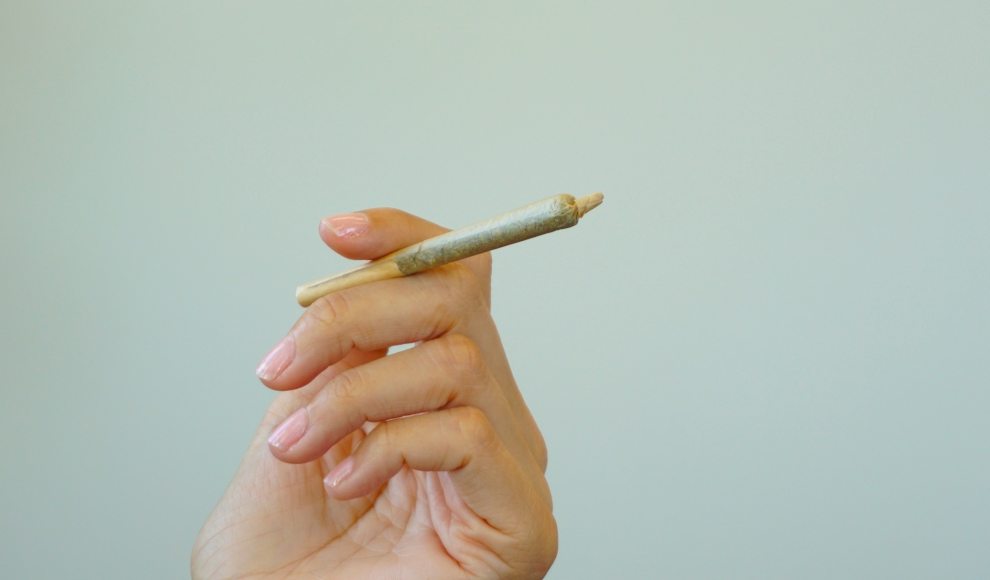A recent study conducted by the University of Toronto has found that individuals who consume cannabis are more likely to suffer from sleep problems than non-consumers. The study analyzed data from nearly 22,000 participants who were surveyed about their sleep patterns, including problems with falling asleep, staying asleep, and sleeping too much. The results showed that cannabis users had a higher likelihood of sleeping too little or too much, as well as experiencing difficulties with falling and staying asleep. However, the study only found correlations and not causation, and did not differentiate between the cannabinoids CBD and THC.
According to Alfred Wiater, a board member of the German Society for Sleep Research and Sleep Medicine (DGSM), these findings could lead to health problems for cannabis users. A 2016 study in the US also found that regular cannabis users were more likely to experience sleep disturbances and interruptions than non-users or occasional users. However, a study by Australian scientists found that cannabis could help individuals with chronic sleep problems fall asleep faster and sleep better. The research on cannabis and sleep is still in its early stages, as a metastudy published in Current Psychiatry Reports concluded due to the contradictory results.
The study by the University of Toronto highlights the potential negative effects of cannabis on sleep, but also emphasizes the need for further research to fully understand the relationship between cannabis and sleep. It is important to note that the study only found correlations and not causation, and did not differentiate between the cannabinoids CBD and THC. Additionally, the study did not take into account the chronobiological criteria of the participants, which could affect their sleep needs. Despite these limitations, the study provides important insights into the potential health consequences of cannabis use on sleep.










